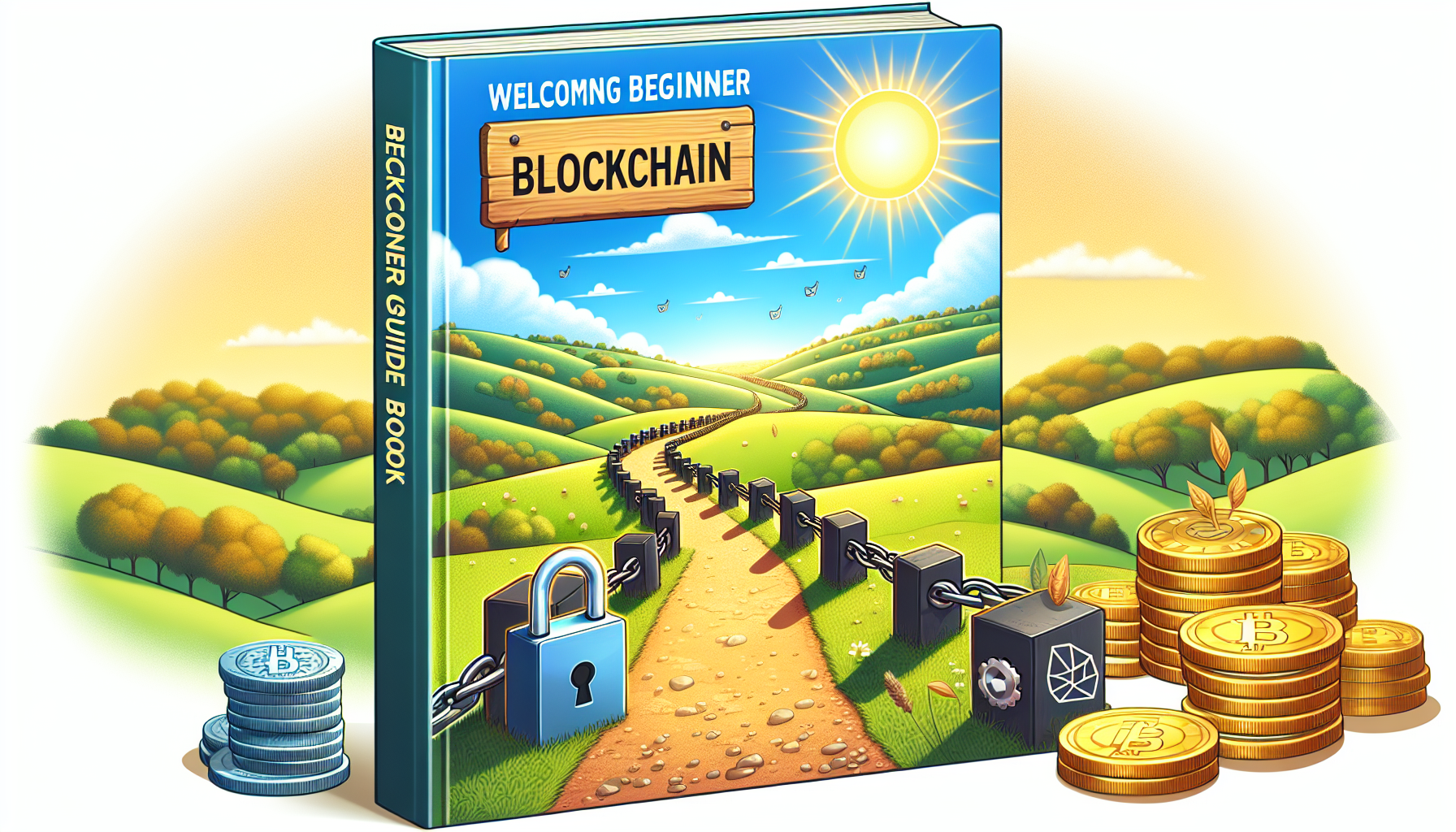Well, hello there, friends! Eleanor Vance here. Times are a bit…*fraught*, aren’t they? All this talk of recession can make even the most financially savvy among us feel a little queasy. But don’t you worry your pretty little heads – we’re going to get through this together. Think of me as your friendly neighbourhood financial agony aunt, minus the actual agony (hopefully!).
I know, I know, the headlines are scary. But panicking never helped anyone. Instead, let’s take a deep breath (or three) and focus on what we *can* control: our own personal finances. And trust me, even small changes can make a big difference. It’s like tending a garden – a little weeding and watering goes a long way!
Understanding Your Finances: Know Where Your Money Goes
First things first, you absolutely *must* get a handle on where your money is going. This isn’t about deprivation, it’s about awareness. Think of it as a financial spring cleaning! Budgeting is your best friend here. There are loads of fantastic (and free!) tools out there. I’m quite partial to Mint, but YNAB (You Need A Budget) is also a solid choice. Old-school pen and paper work just as well, of course. The key is to track every penny – every single one!
Seriously, for a month, write down everything. That daily latte? That impulse buy on Amazon? Jot it all down. Then, at the end of the month, take a good, hard look. I bet you’ll be surprised at where your money’s actually going. Maybe those “little” expenses add up to a rather *large* hole in your wallet? It happens to the best of us! Once you know where your money is going, you can start identifying areas where you can potentially save. And trust me, there are always a few!
Reducing Expenses: Cutting Back Without Cutting Joy
Okay, so you know where your money is going. Now for the fun part (sort of): cutting back. But hold on! This doesn’t have to mean sacrificing everything you enjoy. It’s about being smart and creative. Think of it as a challenge – how can you get the same value for less money?
- Housing: This is often the biggest expense, so even small savings can have a big impact. Consider refinancing your mortgage if interest rates have dropped. Or, if you’re feeling brave, maybe even consider downsizing. I know, it’s a big step, but it could free up a lot of cash.
- Transportation: Can you bike or walk to work, even just a couple of days a week? Public transportation is another great option. And if you absolutely need your car, explore ways to save on gas, like carpooling or using a fuel-efficient vehicle.
- Food: Oh, food. My weakness! Meal planning is key here. Plan your meals for the week, make a grocery list, and stick to it! Avoid impulse buys (especially when you’re hungry!). Cooking at home is almost always cheaper than eating out. And don’t be afraid to embrace leftovers!
- Entertainment: Do you *really* need all those streaming services? Maybe it’s time to cancel a few. Look for free or low-cost entertainment options, like visiting parks, attending free events, or borrowing books from the library.
Don’t forget to negotiate your bills! Call your service providers (cable, internet, phone) and see if you can get a better rate. You’d be surprised how often they’re willing to work with you, especially if you threaten to switch providers. It’s worth a shot, right?
Increasing Income: Bringing in Extra Cash
Cutting expenses is important, but so is increasing your income. Now, I’m not saying you need to go out and get a second job (unless you want to, of course!), but there are plenty of ways to generate some extra cash on the side.
- Freelancing: If you have a skill, someone will pay you for it! Websites like Upwork and Fiverr are great places to find freelance work. Writing, editing, graphic design, web development – the possibilities are endless.
- Part-Time Jobs: Retailers and restaurants are often hiring, especially during the holidays. A few extra hours a week can make a big difference.
- Selling Unused Items: We all have stuff cluttering up our homes that we don’t need or use. Sell it! eBay, Craigslist, Facebook Marketplace – there are plenty of platforms to choose from. One person’s trash is another person’s treasure, as they say!
Protecting Your Savings and Investments: Weathering the Storm
So, you’ve cut expenses and increased income. Now it’s time to protect what you’ve got. A recession can be a scary time for investors, but it’s important to stay calm and avoid making rash decisions. Diversification is key. Don’t put all your eggs in one basket. Spread your investments across different asset classes, like stocks, bonds, and real estate. And, for goodness sake, don’t try to time the market! It’s a fool’s errand. Instead, focus on long-term investing and ride out the ups and downs.
Think of your savings as your financial safety net. Make sure you have an emergency fund to cover unexpected expenses. Aim for at least three to six months’ worth of living expenses. It’s like having an umbrella – you might not need it every day, but you’ll be glad you have it when it rains!
Seeking Professional Advice: When to Call in the Experts
Sometimes, we all need a little help. If you’re feeling overwhelmed or unsure about your financial situation, don’t be afraid to seek professional advice. A certified financial planner can help you create a personalized financial plan and guide you through challenging economic times. A credit counselor can help you manage debt and improve your credit score. There are plenty of resources available, so don’t hesitate to reach out.
Look, recessions are tough, no doubt about it. But they don’t last forever. By taking proactive steps to manage your finances, you can weather the storm and come out stronger on the other side. Remember, it’s not about getting rich quick, it’s about building a solid financial foundation for the future. It’s April 26th, 2025, and the sun *will* shine again, I promise you. Stay positive, stay informed, and stay resilient. You’ve got this!



